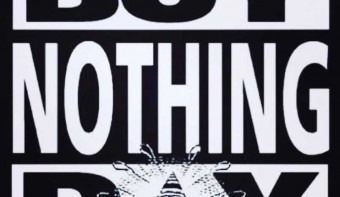About Black Friday
The term 'Black Friday' was first applied to the day after Thanksgiving back in the 1950s when a factory trade magazine referred to workers calling out sick in order to have four days off over the Thanksgiving weekend.
The term wasn't used much until a few decades later in Philadelphia, where the streets would become so congested with shoppers that it was termed 'Black Friday'. Newspapers at the time used the term to describe law enforcement's dealings with large crowds. Some have suggested that the term stemmed from the day's profitability. It brought merchants "in the black," since sales in the rest of the year often lagged behind, or were "in the red." and thus, Black Friday was an appropriate term.
The term gained traction when the New York Times used it in 1975 to describe the shopping day. In recent years, the term has made its way around America and is now a common name for the day after Thanksgiving.
Even in Europe, Black Friday is becoming more common as retailers (led by the US internet sellers such as Amazon) use it to raise awareness of the shopping period and offer many sale bargains on that day. Indeed the UK often stages its own tribute to the original Philadelphia Black Friday when shoppers fight over bargains in supermarkets.
Did you know?
The first event popularly referred to as Black Friday was the US gold market crash of 1869, when many investors lost sizeable fortunes.
Similar Observances
National Take Our Daughters and Sons to Work Day
Read More
Other Observances on November 28th 2025
National French Toast Day
Read More
Flossing Day
Read More











